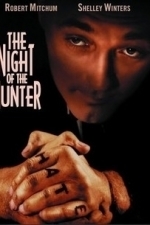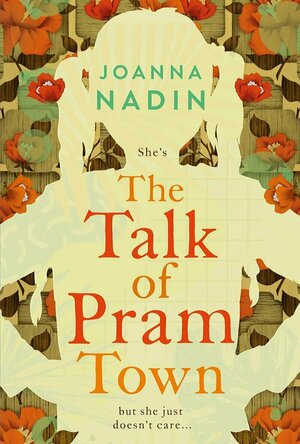Search
Search results
David McK (3663 KP) rated Pirate Latitudes in Books
Jan 30, 2019
Michael Crichton's last full work, and in a move unusual for an author best known for techno-thrillers, this novel is actually a historical adventure.
Although it is not the first time he has dabbled in the genre (see also The Great Train Robbery and Eaters of the Dead), I felt that his relative lack of experience of said genre showed: one needs only compare this to a work by Bernard Cornwell, for instance.
I suppose It is possible that the novel was finished but not completed, if you know what I mean, and I also got the feeling that he was trying to jump on the Pirates of the Caribbean (albeit without the magic!) bandwagon with this novel, also set in the Caribbean during the time of Charles II
Although it is not the first time he has dabbled in the genre (see also The Great Train Robbery and Eaters of the Dead), I felt that his relative lack of experience of said genre showed: one needs only compare this to a work by Bernard Cornwell, for instance.
I suppose It is possible that the novel was finished but not completed, if you know what I mean, and I also got the feeling that he was trying to jump on the Pirates of the Caribbean (albeit without the magic!) bandwagon with this novel, also set in the Caribbean during the time of Charles II
William Friedkin recommended The Night of the Hunter (1955) in Movies (curated)
ClareR (6054 KP) rated The Talk of Pram Town in Books
Jun 10, 2021
The Talk of Pram Town was a bit of a walk down memory lane for me, as someone who was born in the early 1970’s: playing out with my friends, arranging to meet by speaking face to face with them, no mobile phones. I can remember watching Charles and Diana’s wedding, whilst holding commemorative coins bought by my Nan and commemorative mugs that would never be drunk out of (I still have mine somewhere!). But that’s where the similarities in my life, compared to that of 11 year old Sadie and her mum Connie, end.
Sadie and Connie live in Leeds, and don’t appear to have any other family. Connie wants to hit the big time as a singer, but instead sings at local working men’s clubs, and works at the local supermarket. Sadie certainly lives the first 11 years of her life in a much different way to many other people. This house in Leeds seems to be the most stable and ‘normal’ way of life that she has had so far.
So when Sadie is forced to go and live with the grandparents she has never met, her introduction to Essex suburbia is quite a shock to her system!
I loved this book. It has a real sense of time and place, making me feel so nostalgic for my childhood. I really enjoyed Sadie's grandparents: Jean, her grandmother, especially. It’s clear from the beginning that she has her own secrets, secrets that have embittered her over the years. I felt that the slow reveal of her younger life, and how she deals with Sadie as well as her feelings for Connie and Bernard, were fascinating.
But Sadie really is the most wonderful part of this novel. The way that she approaches her new life with such stoicism, her intelligence and curiosity of the new world that she has to grow to at least like, really made me want to read more.
I can’t wait to see what Joanna Nadin writes next - I’ve loved both this and her last novel (The Queen of Bloody Everything), both of which look at mother-daughter relationships.
I wouldn’t hesitate to recommend this - it’s a joy to read.
Sadie and Connie live in Leeds, and don’t appear to have any other family. Connie wants to hit the big time as a singer, but instead sings at local working men’s clubs, and works at the local supermarket. Sadie certainly lives the first 11 years of her life in a much different way to many other people. This house in Leeds seems to be the most stable and ‘normal’ way of life that she has had so far.
So when Sadie is forced to go and live with the grandparents she has never met, her introduction to Essex suburbia is quite a shock to her system!
I loved this book. It has a real sense of time and place, making me feel so nostalgic for my childhood. I really enjoyed Sadie's grandparents: Jean, her grandmother, especially. It’s clear from the beginning that she has her own secrets, secrets that have embittered her over the years. I felt that the slow reveal of her younger life, and how she deals with Sadie as well as her feelings for Connie and Bernard, were fascinating.
But Sadie really is the most wonderful part of this novel. The way that she approaches her new life with such stoicism, her intelligence and curiosity of the new world that she has to grow to at least like, really made me want to read more.
I can’t wait to see what Joanna Nadin writes next - I’ve loved both this and her last novel (The Queen of Bloody Everything), both of which look at mother-daughter relationships.
I wouldn’t hesitate to recommend this - it’s a joy to read.


